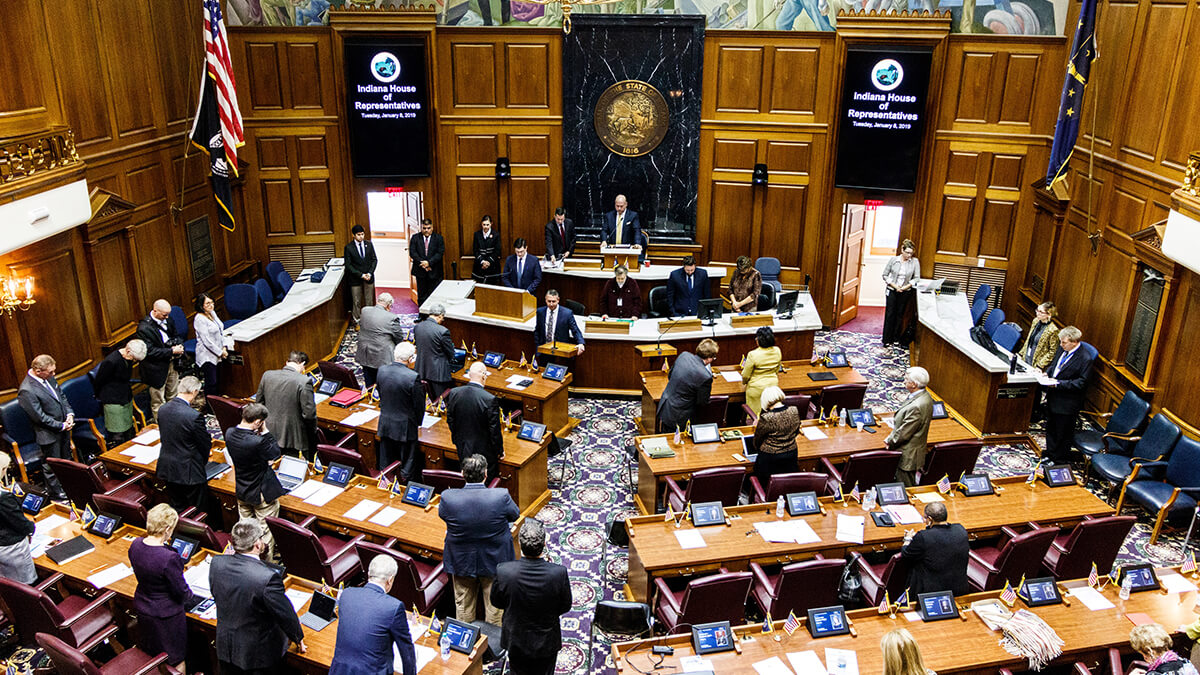Jamie Merisotis, an internationally recognized leader in higher education, human work, philanthropy, and public policy, has been Lumina Foundation’s president and CEO since 2008.
Frequently sought as a media commentator and contributor, his writing has appeared in The Washington Post, The New York Times, The Wall Street Journal, Stanford Social Innovation Review, Washington Monthly, Politico, The Hill, Roll Call, and other publications. He is currently a regular Forbes contributor.
Previously, Merisotis was president of the nonpartisan, D.C.-based Institute for Higher Education Policy, which he co-founded. He also was executive director of a bipartisan national commission, appointed by the president and congressional leaders, to study college affordability. Merisotis is the author of America Needs Talent, named a Booklist Top 10 Business book of 2016, and Human Work in the Age of Smart Machines, an Amazon bestseller released in 2020.
Merisotis is an experienced board leader. He serves as a trustee and board member of The Ditchley Foundation in the UK, the Central Indiana Corporate Partnership, Citizens Energy Group, and ACT. Merisotis also advises companies that rely on artificial intelligence and machine learning to address complex challenges related to work and learning.
Merisotis is past chairman and trustee emeritus of the Council on Foundations and currently leads a task force highlighting philanthropy’s ethical responsibility to the greater good. He is also a past chairman and investment committee chair of The Children’s Museum of Indianapolis, the world’s largest such entity offering exceptional learning experiences to transform the lives of children and families.
A distinguished graduate and trustee emeritus of Bates College, he has been awarded honorary degrees from colleges and universities worldwide.
Articles by Jamie
Download high-resolution (300dpi) images for media and events: Mersotis.01 | Mersotis.02







